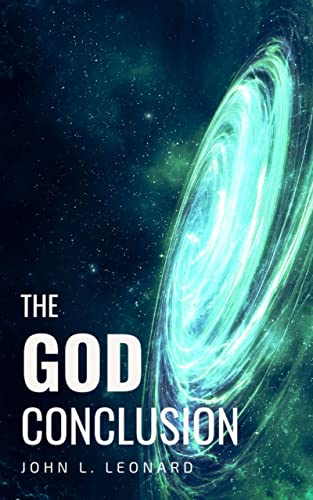From our perspective within the universe, time is linear.
The past has already occurred, and the present is happening right now. As you read these words, the present is becoming the past. Once an egg has been broken, time cannot be reversed to a point where the egg is unbroken once again.
The past is comprised of historic events; the present is comprised of current events. But what is the future? Is the future knowable? Can the future be predicted?
In terms of statistical probability, the past is a historical event, and therefore has a probability of 100 percent. We may not be aware or we may have incorrect data regarding the events that took place on March 7, 1801, but we can be (reasonably) sure that March 7, 1801 occurred, and was preceded by March 6, 1801 and followed by March 8. Only if we allow for the possibility that far-fetched explanations are equally plausible (such as, the suggestion that we live in a simulation created yesterday and we’ve been programmed of false memories of every day before yesterday) can we even question the veracity of the prior claims about March 7, 1801.
Twenty four hours later, the present had become March 8th and the past was now March 7th. On that day the future would be March 9th. Today all three of those dates are now in the past. But what if someone on March 7th predicted an event on March 8th or March 9th, and that prediction came true? The specificity of the claim would determine how credible we interpret the prediction to be, wouldn’t it? For example, on March 7th, John Smith could predict that a bank would be robbed on March 8th. That could be a valid prediction or a lucky guess. But then John Smith says that the U.S. National Bank on Fifth Avenue is going to be robbed on March 8th, which is a more specific prediction.
And if his prediction proves to be true, we can come to some reasonable conclusions. In the event his first, less specific prediction holds true, we can assume that John Smith made a lucky guess, or he might have acquired knowledge that he shouldn’t have known. However, in the event the second scenario proves true and John Smith demonstrated foreknowledge of a specific future event, we can reach three possible conclusions: John Smith was a completely innocent person who somehow learned of the conspiracy to rob the bank, or John Smith was part of the conspiracy to rob the bank and confessed to his knowledge, or John Smith claimed to know prescient information that he could not have learned through normal channels. We can safely rule out any possibility of lucky guesses. In either event, if the prediction proves false, John Smith can be dismissed as a nutcase.
God is often described as omniscient (all-knowing), omnipotent (all-powerful), and omnipresent (everywhere.) Space, matter, and time were all created at the moment of the singularity commonly called the Big Bang. Because God existed prior to the creation of our universe and logically exists outside of our universe, He also literally exists outside of time and as such, simultaneously exists in the past, present, and future. In the debates of free will versus predestination, some people like to argue that if God knows the future, then we don’t really have free will. No matter what we decide to do while exercising the illusion of our free will, the outcome is predetermined. I believe there is biblical evidence that belief is false, and we do have free will.
The first Bible reference I will cite is from 1 Samuel 23, when David went to Keilah to defeat the Philistines, but Saul found out and planned to trap him in the city. God had told David to go to Keilah and he was reluctant to leave the safe haven of a walled city, but David asked God if Saul would come and capture him if he stayed in the city, and if the people of Keilah would surrender him after he’d just saved him, and God told David that Saul would come, and he would be captured if he stayed.
So he left. Problem solved. The point is, God knew every potential outcome if David stayed and told him what would happen, so David left. God didn’t promise David victory over Saul in battle, probably because Saul was king of Israel and God may have been giving him another chance to exercise his free will and do the right thing as Israel’s leader. Whatever God’s reason, He didn’t promise to save David no matter what, so David made the prudent choice and left Keilah while he still could.
The second Bible reference comes from 2 Kings Chapter 20, when God sends Isaiah to tell King Hezekiah to get his affairs in order, because the time has come for Hezekiah to die. Hezekiah had been a good ruler and devout man, so God changed the future by adding fifteen years to Hezekiah’s life, but that change to the future came at the cost of the entire nation later being captured and enslaved by Babylon because Hezekiah foolishly showed his enemies the full extent of his wealth and gave them the incentive. Actions have consequences.
Does the future already exist? I don’t think so…at least, not within our universe. Perhaps if we could somehow become an observer outside of our universe, we might be able to see the future, assuming it does already exist in some sense or manner we simply cannot comprehend. I can plan for the next twenty years of my life, but realize I am not guaranteed tomorrow.
Every day is a gift from God.


Speak Your Mind